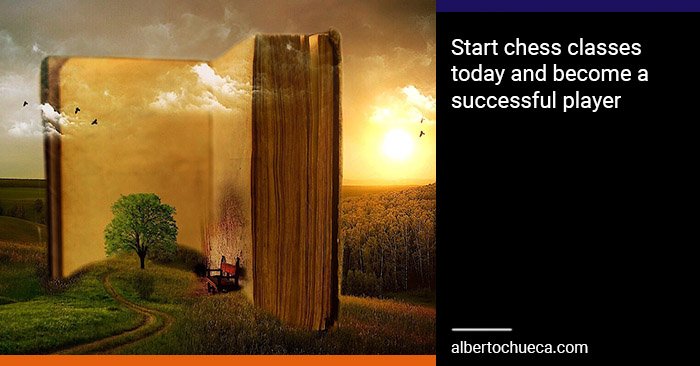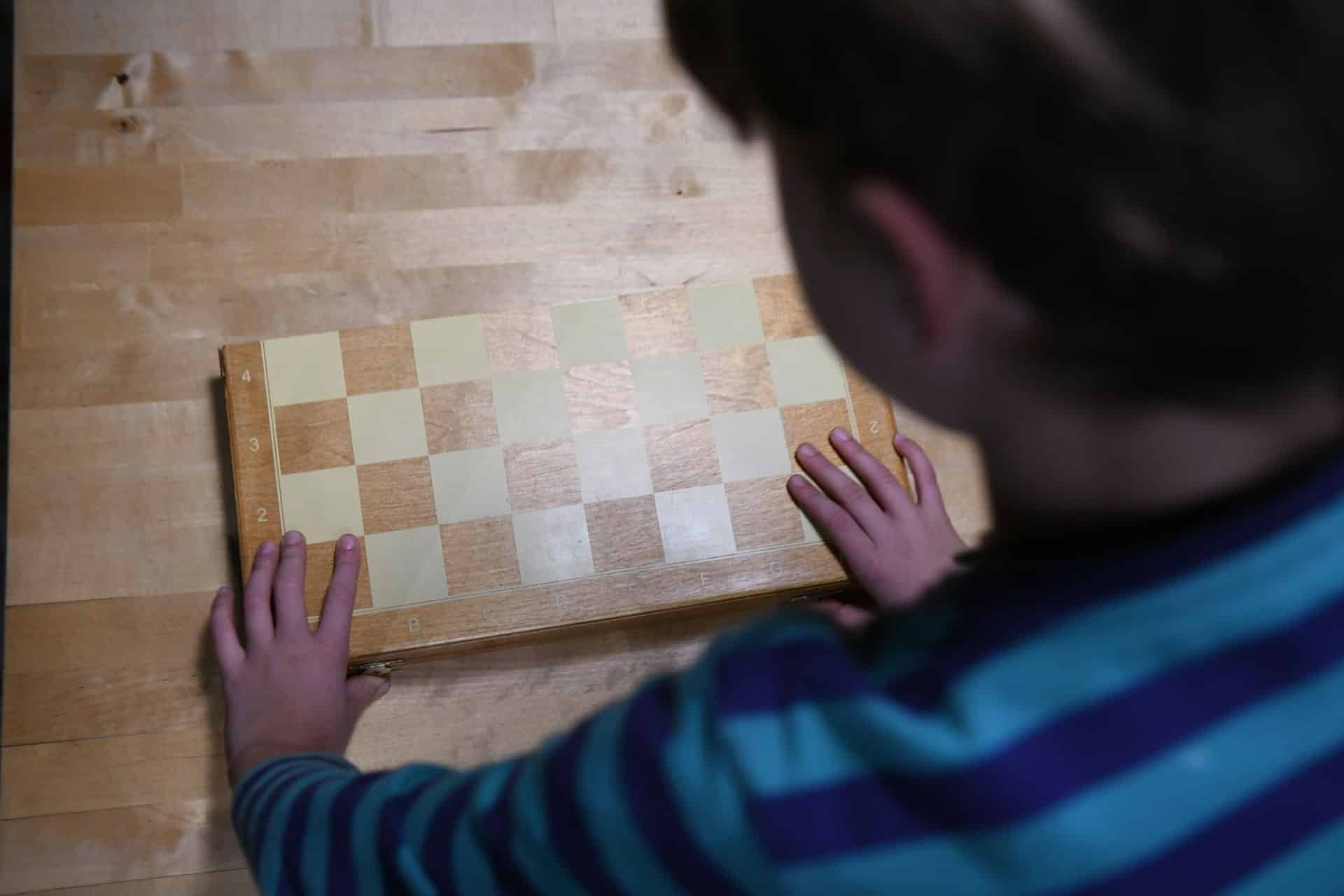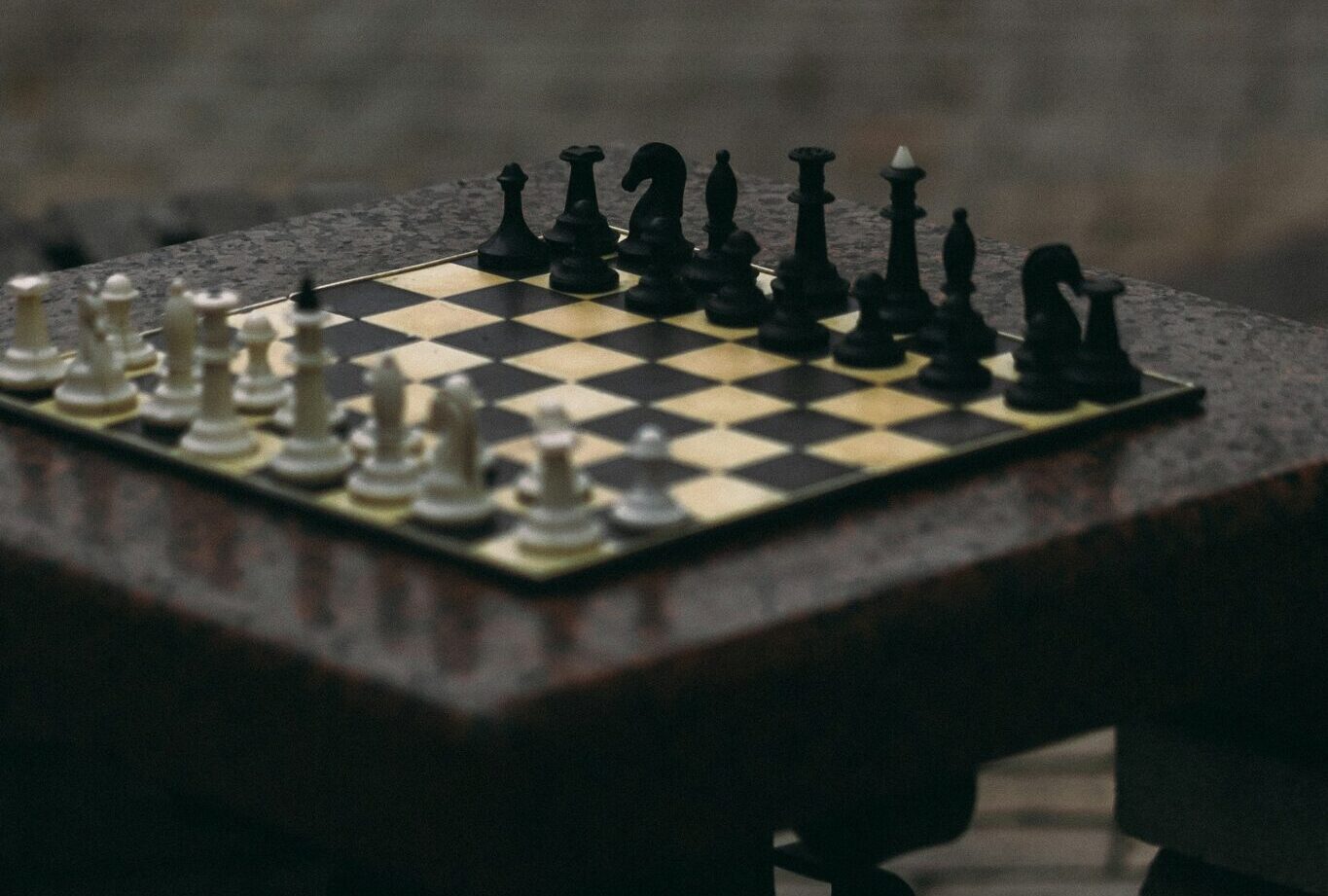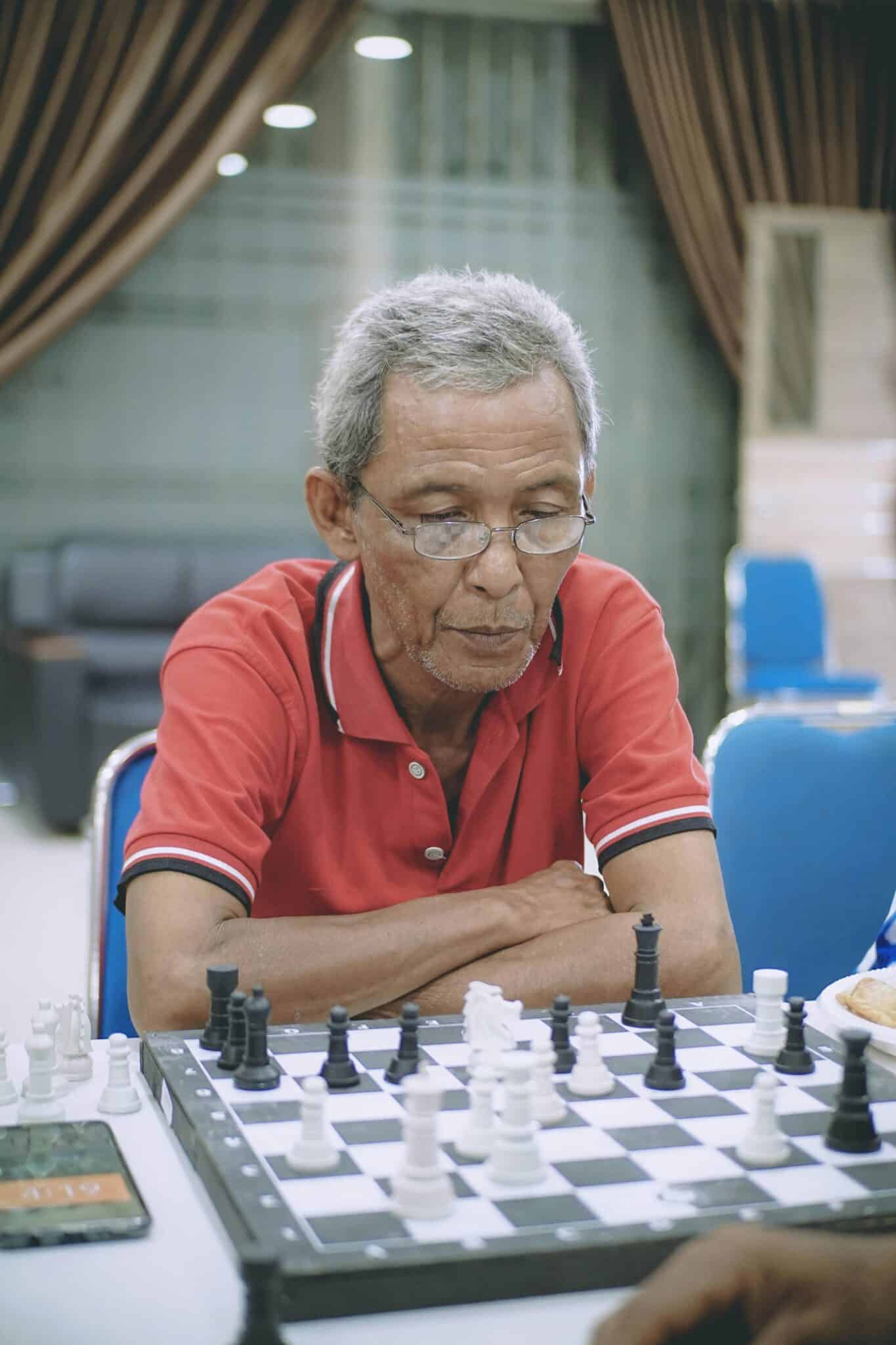Studying is always present in our lives. Constant learning is human nature, but does chess also require this? Yes, study chess is necessary to progress in this game. Unlike other sports, chess is a purely mental activity where theory and practice win. Chess players have to invest a lot of time in study to prepare themselves, which is necessary and important. The point is, how do you study and begin to introduce the things you learn into your game?
To play better you have to achieve a complete understanding of the positions, the value of the pieces, how to have a good center, get good positions in time pressures, improve the visualization and analysis… For all that you need to study chess. Since you are clear about what you have to do to progress in this sport, I will explain to you effective methods to achieve a good study of chess.
Table of Contents
Remember that to study chess takes time
Keep in mind that all learning takes time, you won't accomplish all things overnight, you need to analyze what you read or see constantly. Try not to give up the first time because you run into things you don't know, instead find out more about the unknown and find inspiration when you study chess. If you feel inspired, everything you read will be easier to learn because you will understand it better.
Like any study method, you also have to form a routine that will help you learn new theories every day and keep your desire and knowledge fresh. That way you'll keep everything you learn in your long-term memory. The methods are a fundamental part of what you want to achieve, here are some of them.
Methods to study chess:
1) The repetitive method
This method consists, as its name suggests, in repetition. Play several games every day, recording the lines of play you make in each game. For this to have a greater effect, start with openings that you know and perfect it one by one, know the main variations and the results you get and analyze your games to detect your mistakes.
If you practice this method every day, you will get to know more about what you like, what suits you best. This method only is useful when you are learning new openings, because you don't introduce new concepts.
2) The traditional method
Here I include what it's like to sit for hours reading books, watching videos, analyzing your games thoroughly, studying the openings, middlegame and ending, carefully through a book or websites. If you are not a fan of reading, then I do not recommend it, because it will be tedious and you will end up abandoning your learning. If you have highly developed retention and spending time between letters sounds good to you, then you can get some improvement. I don't recommend it because if your learning is not guided, probably you will not study the concepts you need.
3) The Chueca method
It is the method that I have personally developed and represents a system that allows chess players to progress in their level (beginner, intermediate or advanced) through a chess coach who will teach you what you need to know to move to the next level. The method has private or group lessons (which is also a highly recommended way of studying) where you can improve your rating. If you want to know more about the Chueca method, check it now!
After you choose the method that suits you best, it's time to start studying and training in chess. If you are a person who doesn't like silence, then it is good to study chess with background music that you like. Music activates your senses and makes it more enjoyable to do what you set out to do.
Another of the things you can do when studying chess is to watch games from the grandmasters of this sport and analyze them, copying the good stuff always gives results. Also, if you can find the little mistakes that made them lose, it can help you a lot and even more think about what you would have moved or how you would fight what the other is trying to achieve.
The relationship: learn chess more easily and quickly.
If you can relate moves you've made before and they've worked for you in a game, you can take advantage. The tiniest thing can have an effect on making a decision that can determine the outcome of the game. Instead of spending time trying to learn just one opening, you can learn several with the relationship by thinking about your previous games, what has happened to you, what you have changed and what you have gained.
Given that little by little your brain is understanding chess better the positioning of the pieces and the theory to be applied, each day that passes where we play a few games, will help us to have an excellent command of the sport, in addition to being easier to acquire information for our study and progress. There will come a time when you know you're going to play automatically and you'll know what you're doing for sure without anyone stopping you.
Now, the last thing you need is to organize and expand your chess concepts to become the master you can be. Make many games and practice a lot, evaluate yourself in order to advance and do not bump into a wall in front that does not allow you to advance, instead, destroy it and instruct yourself, nourish yourself with information necessary for your progress. If a method for studying chess doesn't work for you, change it.
Enjoy every step you take in chess. Chess was created, for the development of skills and above all, fun.
Study chess can be hard but training with me you could do it easier.
Do you want to see the possible training programs? Study chess with me – Click here.






